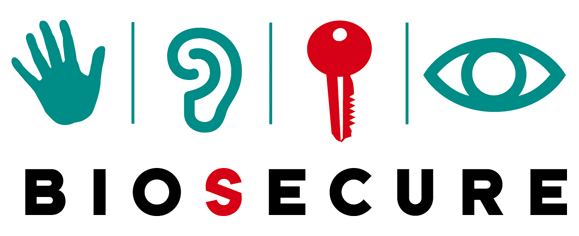Food
At Angel Koi we stock loads of different types of food from a wide range of suppliers.
the selection included on our website is representative but we regularly recieve different stock lines. if you dont see what you are looking for here, please contact us as out stock is rotated frequently and new lines become available
Feed your fish only the quantity of food they will consume in several minutes. Remove any uneaten food. The amount of food your fish will consume will vary depending on pond temperature and water quality. Do not feed below 4c

Pellets are not a natural food for Koi despite the fact that they really do thrive on them. Much expertise goes into producing animal foods nowadays so we can rest assured that our Koi will be getting all the nutrients they need. However, we humans have to avoid too much processed food as our get was designed to process natural foods so we have to ensure we eat lots of fruit and vegetables. Crustaceans are the major source of protein in carp and Koi love them. When Koi are active in summer, some cockles or prawns, earth worms, lettuce, oranges and a little wholemeal bread adds some much needed variety to their diet.
The Influence of Temperature
Hobbyists often question the water temperatures at which certain pellets can be fed depending on protein levels and what the basis is for this thinking. Fish like all living things can develop a variety of gut related disorders and diseases due to underlying causes. Gut parasites for example are a possible trigger factor. Naturally, water temperature is very influential and the peristaltic action of the gut will slow down with the metabolic rate as water temperatures drop. However living in low temperatures for long or indefinite periods cannot be compared with life in a Koi pond, which is smaller and will naturally be warmer than a lake.
The Diet
It is also possible that concern about the diet in over-wintering Koi arose from the angling world as a result of disorders in carp that were fed a diet with a high fat content either in bait or trout pellets which encourages body fat residues and therefore weight gain . In addition, many years ago trout pellets were fed to Koi before healthier foods became widely available a practice that continues in a few ponds due to their low price and an under awareness of the correct dietary requirements in Koi for health and longevity. Carp continuously exposed to a fatty diet that also live consistently at very low water temperatures are naturally more predisposed to undigested food putrefaction and its further complications but even then, the percentage of carp that actually develop such problems is very low.
Trust your Koi
In Koi, there is a high level of understanding about their needs nowadays. The guidelines Koi food manufacturers recommend should always be followed and obviously, food should never be offered to fully dormant fish that are over wintering. However, it is not diligence on the part of food manufacturers or Koi-keepers that makes gut related disease extremely rare in Koi it is their supreme intelligence. At summer, temperatures Koi are greedy and they will eat more than they really need. This allows them to store up reserves for the long fast ahead. However, at low water temperatures they will not look for food unless by natural instinct they know they will be able to digest it. When Koi come up and virtually ask for food at the pond surface on a mild winter day they will actually need it.
A more likely problem
Malnourished Koi seems an oddity nowadays given all the information available and the many brands of food on the market. None the less in some ponds the Koi are left alone for the entire winter period overlooking the fact that they may need some nourishment on a mild day. By spring, such Koi could be weak and susceptible to disease having utilised stored nutritional resources on survival although this very much depends on the severity and duration of the winter.




